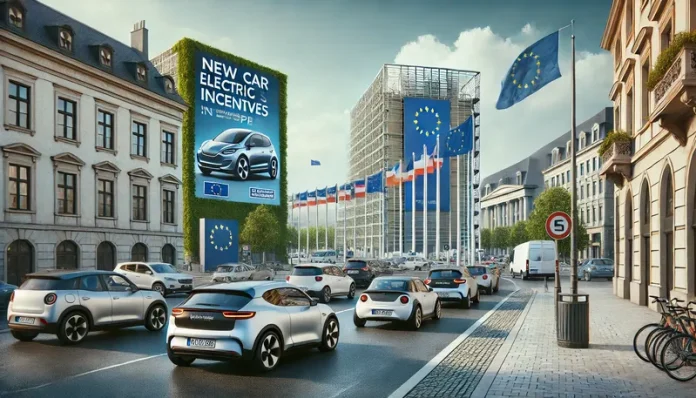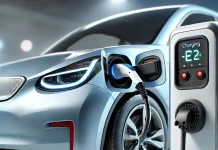Europe’s Action Plan: Incentives for Cars and Beyond
The European Union recently presented an ambitious Action Plan aimed at strengthening industrial competitiveness, promoting sustainable development and stimulating innovation in the automotive sector. The aim of the plan is to support the transition to greener mobility and ensure that the European industry remains at the forefront of a rapidly evolving global market.
Incentives for the purchase of electric vehicles
One of the pillars of the plan is to introduce uniform incentives for the purchase of electric vehicles in all Member States. Currently, incentive policies vary significantly across the EU, creating inequalities in the market. The aim is to harmonise these incentives to promote the widespread adoption of zero-emission vehicles. For example, countries such as Germany offer bonuses of up to €9,000 for the purchase of electric vehicles, while France provides incentives of up to €7,000, including bonuses for the disposal of polluting vehicles.
Decarbonisation of corporate fleets
Company fleets account for around 60% of new car registrations in the European Union. To accelerate the ecological transition, the European Commission proposes to remove tax breaks for company cars running on fossil fuels, incentivising the adoption of electric vehicles in corporate fleets.
Flexibility in emissions regulations
To support European manufacturers in the transition to electric vehicles, the Commission has granted a three-year grace period to meet new CO₂ emissions targets for cars and vans. Instead of one year, carmakers will have until 2027 to ensure that the share of electric vehicles in their total sales makes up at least 20 percent, thereby avoiding penalties.
Investing in charging infrastructure
The success of electromobility depends largely on the availability of adequate charging infrastructure. The plan includes significant investment in increasing the number of public and private charging stations, ensuring widespread coverage across Europe. This includes installing fast-charging points along major roads and in urban areas to make it easier for users to charge.
Supporting battery production in Europe
To reduce dependence on imports and increase competitiveness, the EU intends to stimulate domestic production of batteries for electric vehicles. This includes investments in research and development, as well as the creation of public-private partnerships to build giant factories across Europe. The aim is to create a complete and sustainable supply chain for battery production, from raw materials to finished products.
Promoting autonomous and connected vehicles
The plan recognises the importance of new technologies in the automotive sector, such as autonomous and connected vehicles. The EU aims to create a regulatory framework that facilitates the development and deployment of these technologies, while ensuring high standards of safety and privacy for users. This includes promoting pilot projects and cooperation between Member States to standardise technologies.
Conclusion
The European Union Action Plan represents a decisive step towards sustainable and innovative mobility. Through coordinated measures and targeted investments, Europe aims to strengthen its leading position in the global automotive sector while addressing the environmental and technological challenges of the future.
,










